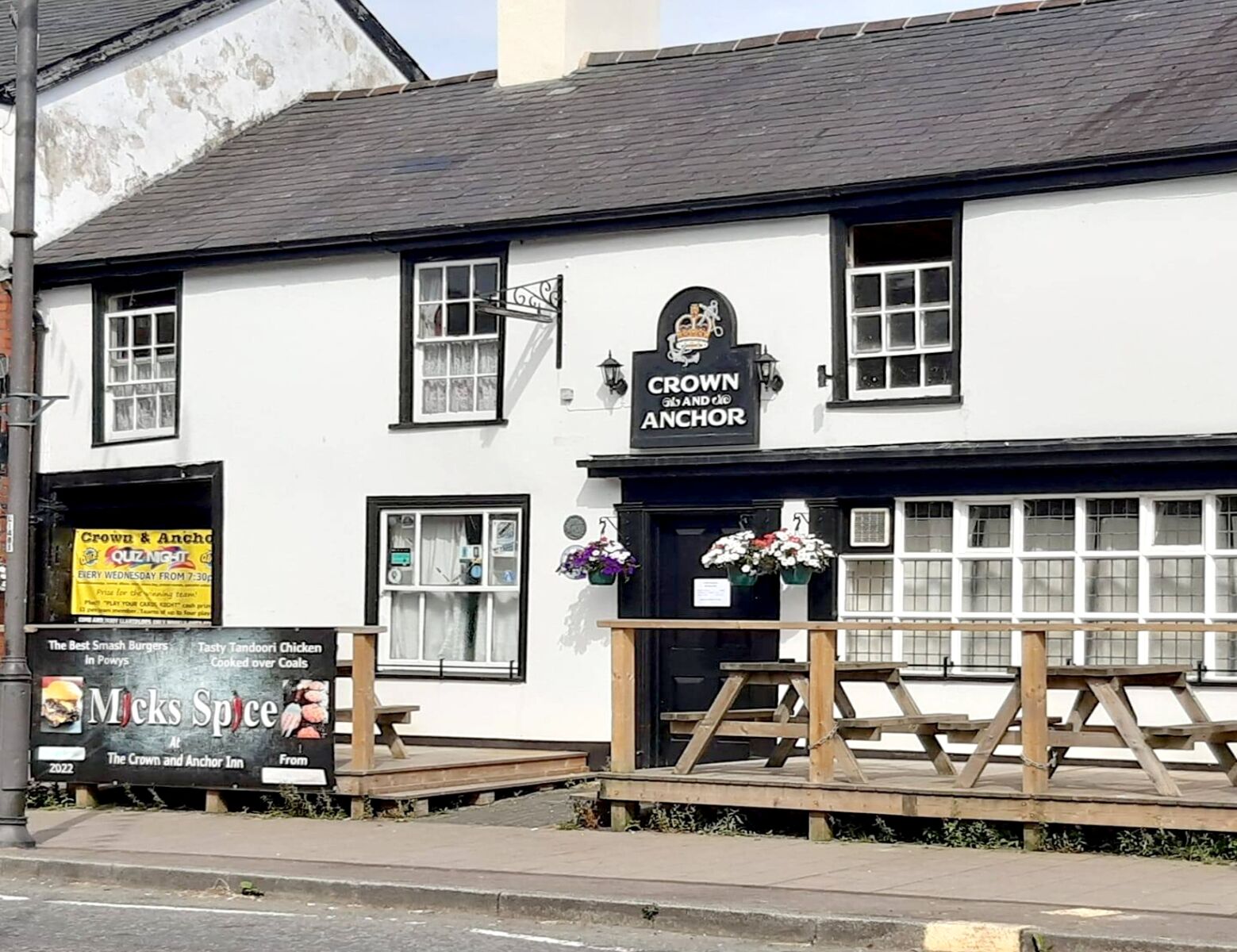Historic British pubs fall victim to escalating costs, shifting consumer habits

The Crown and Anchor, a historic pub in Llanidloes, mid-Wales, that has endured since the 17th century, has become another casualty in the ongoing decline of British pubs. This closure, instigated by the Covid-19 aftermath, escalating prices, and soaring energy costs, signifies the end of an era for the beloved local establishment.
The decision was also influenced by notable shifts in consumer behaviour, with patrons increasingly favouring home-based drinking.
According to data from the British Beer and Pub Association (BBPA), the number of pubs has fallen by 25% since 2000, from 60,800 to 45,800 in 2022. Over 560 pubs closed down in 2022 alone, marking the highest figure in recent years, including during the peak of the pandemic in 2020 and 2021.
The energy crisis has particularly affected pubs, with the average energy bill rising to £18,400 (816,000 baht) annually. This figure can be even higher for older establishments with traditional features such as single-paned windows.
Several historic pubs have already succumbed to the crisis, including The Air Balloon in Gloucestershire, the 200 year old Black Horse in Coventry, and the 18th century Crooked House near Birmingham.
Paul Ainsworth, chair of the pub heritage group within the Campaign for Real Ale (Camra), warns that the loss of these traditional pubs equates to the erasure of critical aspects of British heritage.
British pubs serve multiple purposes within their communities, acting as communal centres, entertainment venues, and reflections of different periods in British history. However, changing societal structures and shifting consumer habits have forced pubs to adapt.
Dr David Knight, architect and co-editor of the book Public House, A History of the London Pub, notes that pubs have continuously evolved in response to demographic changes, societal needs, and economic pressures.
Despite these adaptations, pubs face numerous challenges. Taxation discrepancies make pub visits more expensive than home-based alternatives, and younger generations are less inclined to frequent these establishments. Additionally, the Brexit pubs guarantee, which froze alcohol duty on draught beer, will not impact other drinks sold in pubs.
The allure of pub buildings has also captured the attention of developers. Many historic pubs have been converted into residential properties or supermarkets. Although certain architectural features are protected under Grade I or Grade II listing, this does not prevent landlords from altering the building’s use. Existing legislation offers little protection for these historic sites, leading to many being demolished to make way for new developments.
However, there is a glimmer of hope. Some historic pubs have been saved from closure through community group interventions. The George and Dragon in Hudswell, North Yorkshire, is one such example, now serving as a multifunctional community hub. The Campaign for Pubs is also lobbying for changes in planning laws to protect pubs built before 1975.
Despite these efforts, many historic pubs remain under threat, and the loss of these establishments represents a significant blow to British society. As Ainsworth warns, removing these establishments equates to removing the heart of the town. The preservation of these historic pubs is thus crucial to maintaining the rich cultural tapestry of British heritage.
Follow our latest stories on our new Facebook page: CLICK HERE.
Latest Thailand News
Follow The Thaiger on Google News:


























